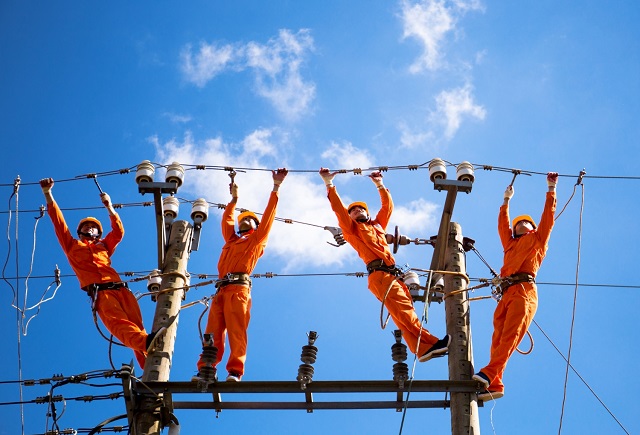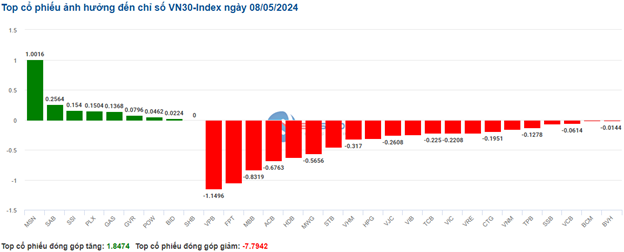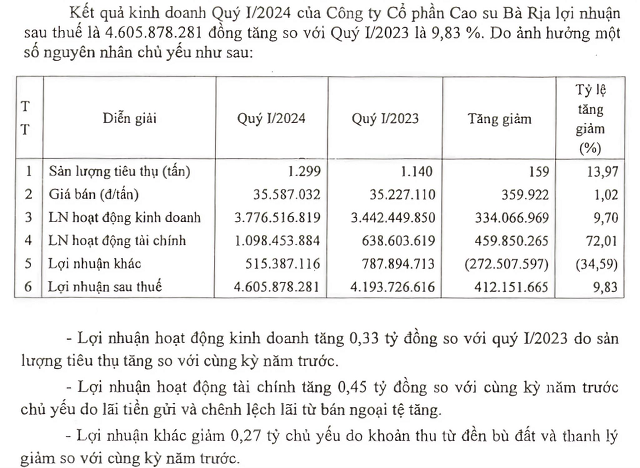
The Ministry of Industry and Trade has finalized the Decree on the mechanism for direct electricity trading
|
The Ministry of Industry and Trade has just sent a document to the Ministry of Justice for appraisal of the draft Decree on the mechanism for direct electricity trading (DPPA mechanism).
According to the report of the Ministry of Industry and Trade, as of April 25, the Drafting Board and Editorial Board received comments from 30 units. On the basis of the comments, the Drafting Board and Editorial Board have studied and accepted the explanation of Draft No. 2 Decree stipulating the DPPA mechanism in the direction of streamlining and completing the appraisal file (The proposal to the Government on the Draft Decree; Draft No. 3 Decree stipulating the DPPA mechanism; Government Report assessing the impact of the policy; Summary table of comments, proposed amendments, supplements and explanations of the Ministry of Industry and Trade) sent to the Ministry of Justice, and at the same time reported to the Prime Minister.
On April 26, 2024, the Government Office issued Official Letter No. 2840/VPCP-CN announcing the opinion of Deputy Prime Minister Tran Hong Ha on agreeing with the proposal of the Ministry of Industry and Trade to develop and issue a Decree stipulating a DPPA mechanism according to the simplified procedures and procedures. The Ministry of Industry and Trade has sent a document to the Ministry of Justice regarding the appraisal of the Draft Decree on the DPPA mechanism.
Immediately after receiving the appraisal document from the Ministry of Justice, the Ministry of Industry and Trade will carry out the work of reviewing, accepting and explaining the appraisal comments and finalizing the Draft Decree before submitting it to the Government for consideration and approval.
The Draft Decree on the DPPA mechanism focuses on two policies, including: Direct electricity trading between generating units and large customers via private transmission lines and direct electricity trading between generating units and large customers via the national grid.
Together with the draft Decree, the Ministry of Industry and Trade also attached a report on the impact assessment of the policy with specific analyses of the two options for each policy.
Regarding the policy of direct electricity trading via private lines, the Ministry of Industry and Trade proposed choosing Option 2 because of its many positive impacts. Specifically, in terms of the economy, it will create incentives and encourage investment in renewable energy projects; create new job opportunities for people; reduce intermediate operating costs, increase efficiency in electricity use.
Option 2 in terms of social and environmental factors will help customers proactively choose electricity supply sources; have more control over electricity sources and related services. Encourage the use of electricity from renewable energy sources, contributing to the goal of reducing carbon emissions and protecting the environment, reducing dependence on polluting energy sources. No impact on the legal system; no additional administrative procedures.
Regarding the policy of direct electricity trading via the national grid, the Ministry of Industry and Trade proposed choosing Option 2 because this option is consistent with the concentrated development of wind power and solar power; reduce the complexity in management and requires less infrastructure investment.
Specifically, in terms of the economy of Option 2, it will help reduce electricity costs for large electricity consumers; Create additional income for renewable energy generation units, while attracting investment in the renewable energy sector; promote the development of the renewable energy industry and create jobs, contributing to economic growth and income distribution; Reduce energy risks due to diversification of supply sources and impacts by external factors.
In terms of the social and environmental aspects, according to the analysis of Option 2, the development of the renewable energy industry can create new jobs; Reduce air and greenhouse gas pollution; help to protect natural resources; Reduce carbon emissions, reduce the impact on biodiversity.
|
According to the draft DPPA Decree, the Ministry of Industry and Trade proposed two policies: The policy of direct electricity trading between generating units and large electricity consumers via private lines. Regarding the policy of direct electricity trading via private lines, the Ministry of Industry and Trade proposed two options: Option 1: Maintain the current policy (Power plants with retail electricity sales licenses are only allowed to sell electricity to electricity consumers). Option 2: Develop regulations to allow renewable energy power plants to sell electricity directly to large electricity consumers via private lines. Regarding the policy of direct electricity trading via the national grid, the Ministry of Industry and Trade also proposed two options: Option 1: Propose to allow renewable energy power plants including solar power, wind power, small hydropower, biomass, tidal power, geothermal, etc. to participate in direct electricity trading via the national grid with large electricity consumers serving production, services, and commerce. Option 2: Propose to allow renewable energy power plants, including solar power and wind power, to participate in direct electricity trading via the national grid with large electricity consumers serving production connected from 22kV or higher and have an average monthly consumption from 500,000 kWh (average of the 3 most recent months) or according to the registered output applicable to new customers. |







































